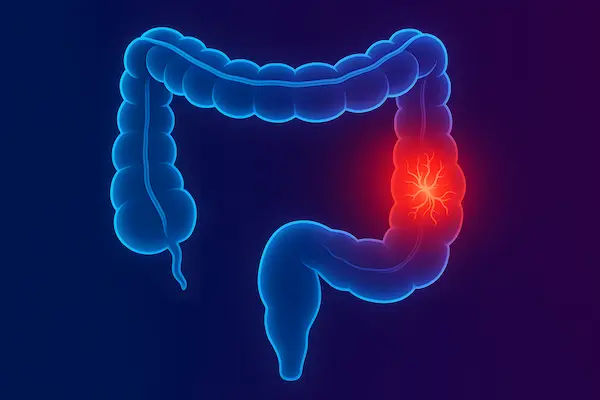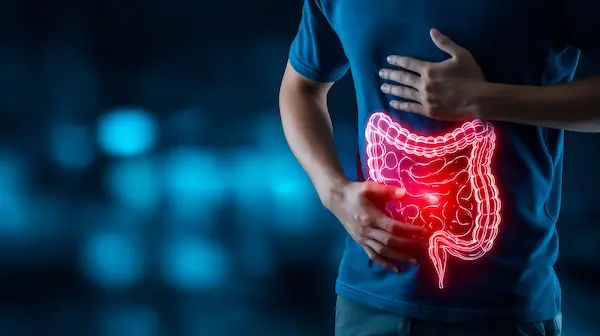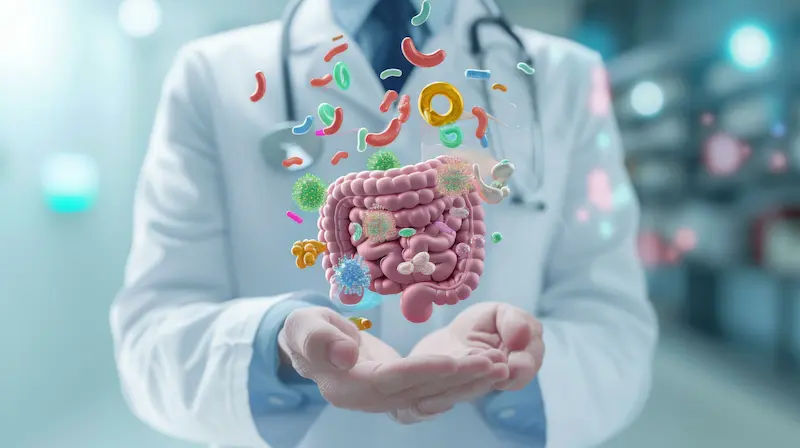- Male
- 35 Years
- 29/01/2025
I've been struggling with high bilirubin levels for a couple of years now, and I'm feeling quite worried. The doctors checked for gallstones with an ultrasound and didn't find any. They said I need to follow a good diet, but my bilirubin levels went from 1.8 to 2.2 and haven't improved. What could be causing this, and what kind of treatment should I consider? Could it be something other than diet? I have my lab reports if that helps.
Answered by 1 Apollo Doctors
High bilirubin levels can be concerning, especially if they have been persisting for 2 years despite following a good diet and ruling out gallstones in the bladder. One possible treatment option to help lower bilirubin levels is to use Ursodeoxycholic acid (UDCA). UDCA can help improve bile flow and reduce the amount of bilirubin in the blood. It is important to follow up with your doctor regularly to monitor the effectiveness of the treatment and make any necessary adjustments.
Dr. Shubham Suggests...
Consult a Gastroenterology/gi Medicine Specialist
Answered 04/07/2025
0
0

More Gastroenterology/GI medicine Health Queries
View allMy husband seems to be dealing with what we think is hyperacidity. Every 30 to 40 days, he gets this stomach pain, and if it gets worse, he ends up vomiting. Also, hes been noticing some small swollen balls near his anal area that burst after a day or two and then bleed. He cant wear tight jeans or pants either because they make his stomach hurt more. We're really worried and would love some insight on what might be going on and how we can manage or treat this. Any advice?
consult general surgeon
Answered by 1 Apollo Doctors
I've been dealing with anal fissures for over 4 months now and it's getting unbearable. Sometimes the pain kicks in right after my morning stool, other times it just starts out of the blue and sticks around all day. It gets so bad that I can't walk properly, and it hurts to sit or even try to sleep. I'm really struggling heredo you have any advice or treatments that could help?
you may have high grade anal fissure, have non spicy ,bland ,soft diet , consult surgeon, you may need to undergo surgery
Answered by 1 Apollo Doctors
I'm really worried about my friend. She had quite a bit to drink last night like 6 vodka shots and a few whiskies. She vomited then, which seemed like just from drinking too much. But now, it's the next day and she can't keep any food down. Whenever she tries to eat, she pukes it all up. She insists she's okay, but it's really concerning. Is this something to be worried about? Could it be serious?
Your friend may be experiencing symptoms of alcohol poisoning, which can be very serious. Since she is unable to keep any food down since this morning, it is important to seek medical help immediately. She may need intravenous fluids to rehydrate and medications to help with nausea and vomiting. Please take her to the nearest emergency room as soon as possible for evaluation and treatment.
Answered by 1 Apollo Doctors
Disclaimer: Answers on Apollo 247 are not intended to replace your doctor advice. Always seek help of a professional doctor in case of an medical emergency or ailment.




